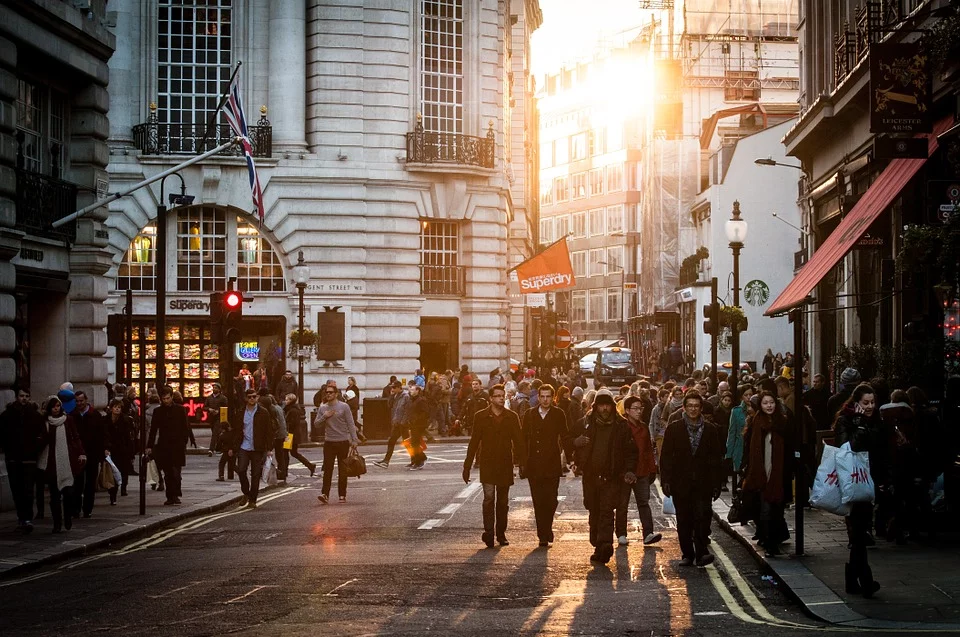UK inflation hits thirty year high of 6.2%
Inflation in the UK has hit a new thirty-year high, with prices rising by 6.2% in the 12 months to February, according to new figures published by the Office for National Statistics (ONS).

UK consumer price inflation has risen sharply in recent months, driven by a broad range of items, with particular pressure coming from food, durables, consumer goods and energy.
Energy, motor fuels and used cars have put strong upward pressure on inflation while food prices have also risen. February has the highest average diesel price recorded by the ONS, while clothes and footwear, furniture, and food and drink were also boosted price rises.
Kevin Brown, savings specialist at Scottish Friendly, said UK households are “acutely aware” that living costs are going up but what they don’t know is for how long or by how much.
He said: “This fear of the unknown is causing real stress for a lot of families who budget their money carefully each month. There is only so much people can do to boost their income or to cut costs in the face of rising inflation. We’ve reached the stage where political intervention is likely to be needed to protect families from the punishing effects of inflation.”
He added: “Without further action, households may be forced to draw down savings and investments, or to borrow money just to pay the bills. On average, we expect UK households to save 71% less per week in the next three months than they did during the same period last year.
“Clearly, the higher inflation goes, the harder it may be for people to carry on saving and investing, but if they can continue, it will soften the impact it has on their long-term finances. In the current environment, it is worth considering investing what you can, as the stock market is likely to give you the best chance of boosting your money in the longer term.”
Martin Beck, chief economic advisor to the EY ITEM Club, commented: “CPI inflation accelerated to 6.2% in February from 5.5% in January, the highest rate since March 1992.
“February’s rise was largely due to stronger core inflation, reflecting several factors. The impact of rising global goods prices continued to feed through. There were upward pressures from the volatile clothing and footwear and recreation and culture sectors, the former reflecting unusual seasonal pricing patterns. And there were strong base effects, after a soft reading last February when the economy was in lockdown.
“Inflation will rise significantly over the next two months. Petrol prices have increased in recent weeks in reaction to the rise in oil prices. Last week, pump prices were almost 15% above the February average.”
He continued: “Inflation will then rise up again in April, as the 54% rise in the energy price cap takes effect, and the VAT rate for the hospitality sector returns to 20%. It’s possible that the Chancellor will use today’s Spring Statement to mitigate these upward pressures, perhaps via a temporary cut in fuel duty. But it’s unlikely that any fiscal intervention will stop CPI inflation rising to well over 8% in April.
“What happens further out will be heavily influenced by the geopolitical situation and its impact on commodity prices. Though there has been more encouraging news on wholesale gas prices in recent days, a further increase in the energy price cap in October still looks likely, while petrol prices are likely to be slow to fall back. As such, the EY ITEM Club expects CPI inflation to average close to 7% this year, generating the biggest squeeze on household finances for more than a decade.”









